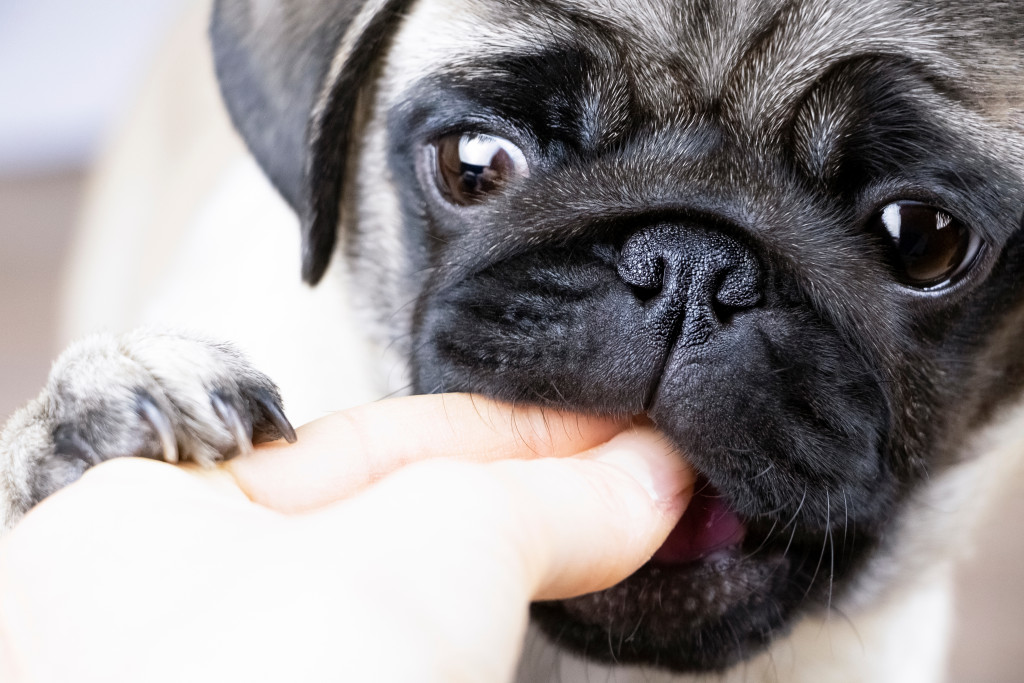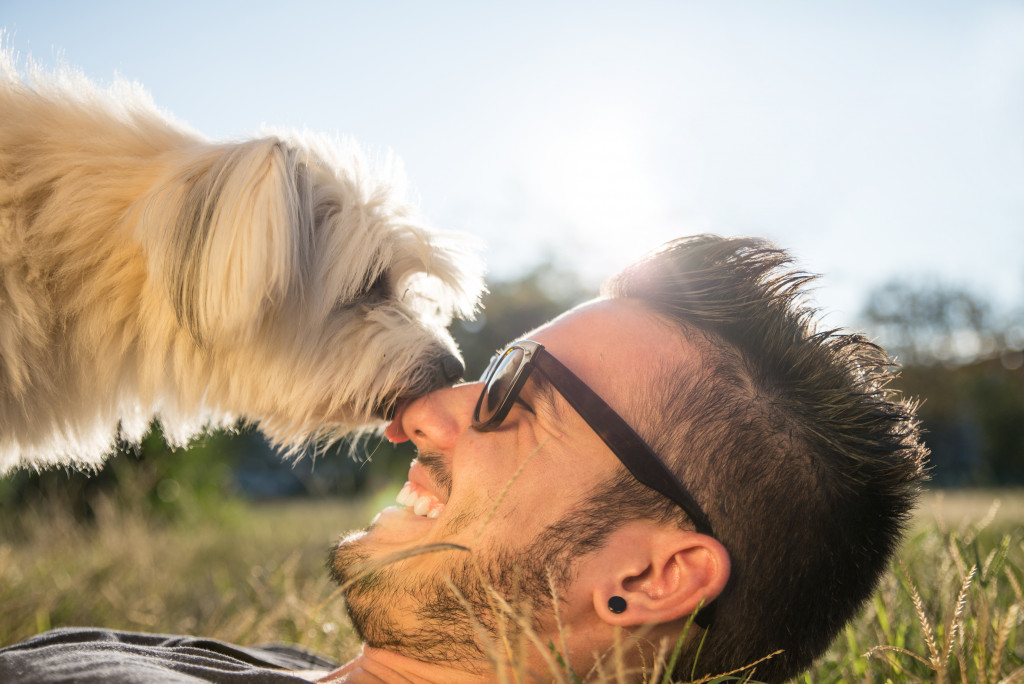One of the most comforting moments in life is introducing a cuddly, active puppy to your family. Your life will drastically change when you own a pet. Taking care of puppies can be exhausting, but they can also be your best partner. Your dedication to developing a good routine will give you a companion you can depend on for years to come. One of the helpful tips you can follow is setting up a good team before introducing a new pet.
That can include both a trusted pet sitter and a seasoned veterinarian. Below is a guide that will help you care for your puppy throughout adulthood. It’ll help both owners who need a quick refresher course or are getting their first puppy. Read on.
Finding the Best Partner
Getting the pup that best matches your family is one of the first tips you’ll have to follow before getting a pet. Many think that a puppy can come into their lives coincidentally, or they can feel an instant connection from their first encounter, but that’s not the case in real life. You’ll often have to look around to get the best companion for you.
How? Firstly, you’ll have to consider your lifestyle and preferences. What pedigree are you planning to get? You’ll have many aspects to assess, including potential health conditions, temperament, and exercise or grooming needs. Next, you’ll have to find the right centers or shops where you can get your new pet.
Will you visit an adoption center to get your new pet? Will you contact a breeder? If you are, do your homework before choosing your new furry friend.
Giving the Pup Its Name
After introducing the pup to your family, you must think of a name. That’s because you’ll be using their name throughout their life, so choose wisely. Give them a name that fits their personality. You should give them an easy-to-understand name. Lastly, your pup’s name shouldn’t be similar to the commands you plan to teach it. You can also give them a unique name. After choosing their name, you’ll be using it for years to come.
It will not be long before your pup will learn its name and respond to it.

Finding Your Pup’s Food
Your pet’s diet will drastically affect its overall well-being and health. Do your homework before deciding on dog food. It’ll help to consult other owners or the local vet. Bear in mind that if you’re not satisfied with the current food, you can gradually switch to a new product. Now, most owners prefer feeding their pets with premium-grade food products, while others think that natural or holistic diet plans are the best.
Furthermore, raw and homemade diets are also becoming increasingly popular. While shopping, check the ingredients list to see if they contain the nutrients they need. Make it a habit to pick a good that’s good for their growth. For example, you can opt for dog foods that contain “maintenance” formulas.
You should pick diet plans that will help them grow; however, despite that, your puppy should still enjoy eating it.
Doing a Pet Vaccination
Getting your pet vaccinated will protect them from potentially dangerous diseases. Like human beings, they need their standard vaccinations. Your pup’s vaccination series is one of the most critical aspects of their early life. Unfortunately, it still confuses owners, especially those who generally fear vaccinations. That’s one of the reasons vet clinics now implement a three-year protocol for adult dogs.
But there’s a different vaccination series for puppies. That’s because dogs are more susceptible to vaccine-preventable diseases, which can kill your pet or even spread to humans. Yearly vaccination appointments will allow the vet to monitor your puppy’s growth and health. Go to your vet clinic to discuss the best vaccination series for them.
Training and Socialization
You also have different standard commands to teach your pup. It’s best to start with their behavior and socialization. Next, professional puppy training will teach them the standard orders, including stay, come, or sit. Training them will help you identify behavior issues, but you should also remember that your puppies are energetic, active, and curious pets.
Most will put their teeth in your things or hands. You can address this by using a safe chew or an acceptable toy. You can also manage their mischievous behaviors by giving them something more pleasing, like a walk, game, or other exercises.
Reward them if they’re improving. Training your puppies can be challenging, but the outcome will make your time and efforts worthwhile. Finding a team of reliable trainers will give your pet confidence, making them happier and well-trained pets.
Introducing a puppy into your family is a harrowing ordeal. That’s because training them is both rewarding and challenging. Bringing them home will also entail lots of love, care, patience, work, and preparations. Teaching and caring for them properly will give you a pup you can depend on down the road.

